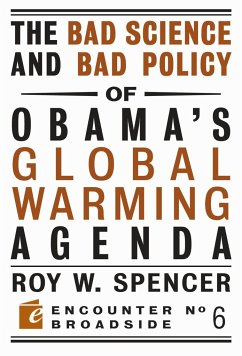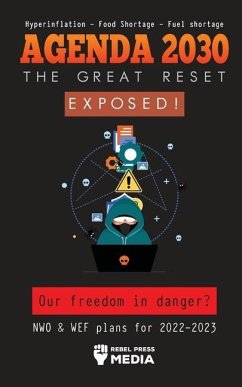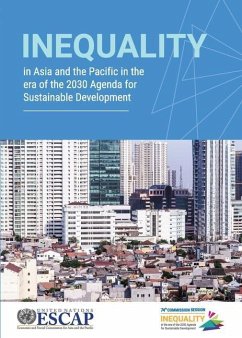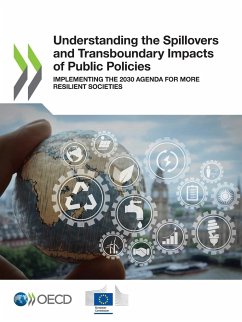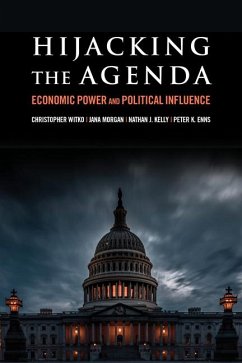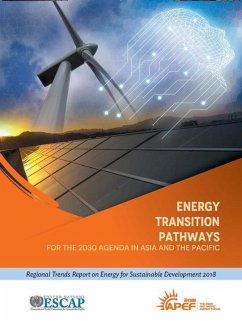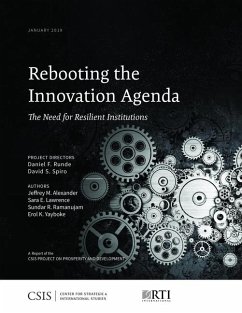
The Dependency Agenda

PAYBACK Punkte
4 °P sammeln!
"Each year, the United States spends $65,000 per poor family to "fight poverty" in a country in which the average family income is just under $50,000. Meanwhile, most of that money goes to middle-class and upper-middle-class families, and the current U.S. poverty rate is higher than it was before the government began spending trillions of dollars on anti-poverty programs. In this eye-opening broadside, Kevin D. Williamson uncovers the hidden politics of the welfare state and documents the historical evidence that proves Lyndon B. Johnson's "Great Society" was designed to do one thing: maximize...
"Each year, the United States spends $65,000 per poor family to "fight poverty" in a country in which the average family income is just under $50,000. Meanwhile, most of that money goes to middle-class and upper-middle-class families, and the current U.S. poverty rate is higher than it was before the government began spending trillions of dollars on anti-poverty programs. In this eye-opening broadside, Kevin D. Williamson uncovers the hidden politics of the welfare state and documents the historical evidence that proves Lyndon B. Johnson's "Great Society" was designed to do one thing: maximize the number of Americans dependent upon the government. The welfare state was never meant to eliminate privation; it was created to keep Democrats in power"--




